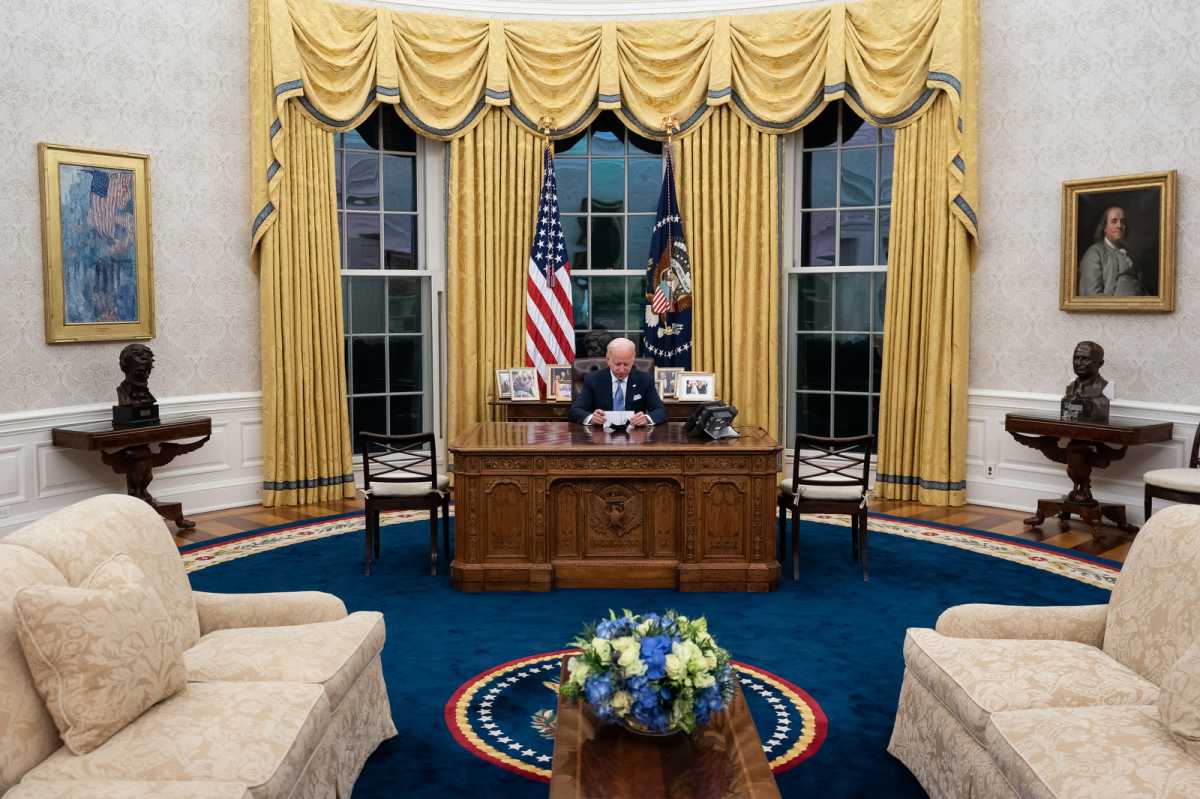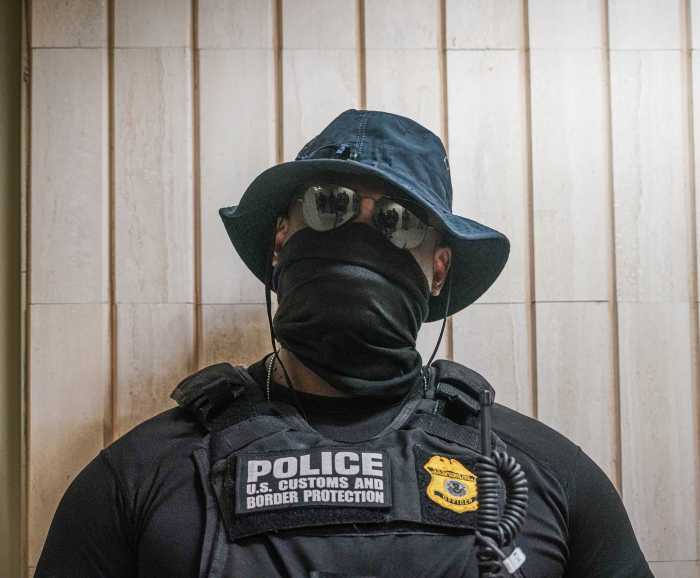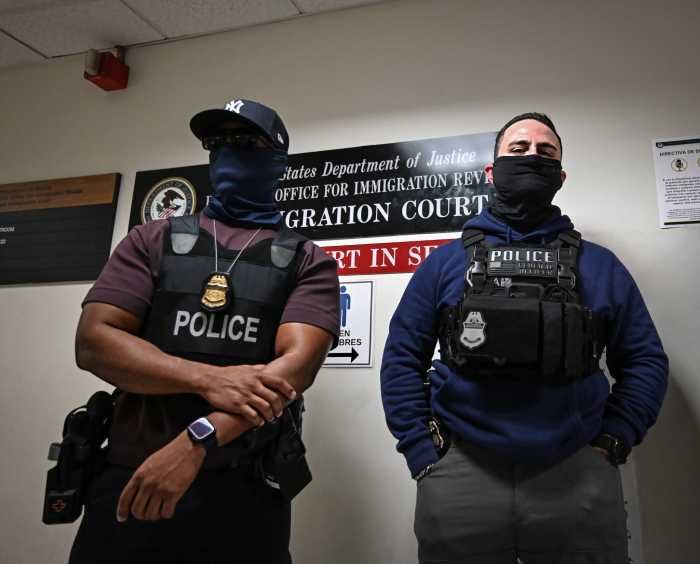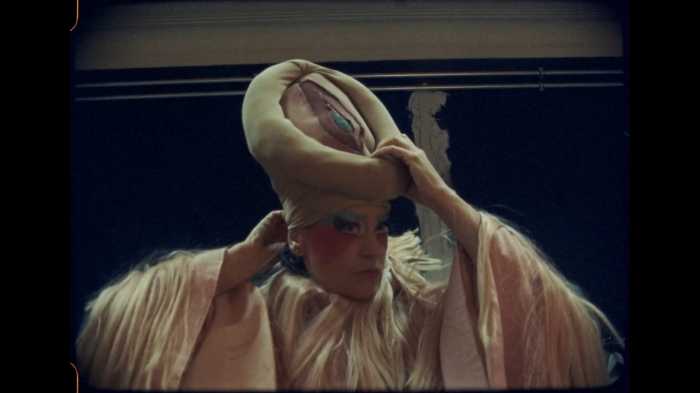No one, not even the president of the United States, should be above the law.
That maxim has been repeated frequently over the past several years, amid the trials and tribulations of Donald Trump. His prosecutions led this maxim to be legally challenged, eventually winding up before the Supreme Court — which did the unthinkable on Monday in declaring that presidents were immune from prosecution for any “official acts” while in office.
Sure, the court ruling declared that a president could still theoretically be tried for “unofficial acts” while in office, but what distinguishes between the official and unofficial? Could a president’s mere declaration that an action they’ve undertaken, regardless of its nature, is an official act of office? The Supreme Court did not make that clear.
What is clear is that this court’s reckless ruling — 6-3, with all six conservative jurists naturally in the majority on this one — undoes more than 200 years of precedent regarding the presidency, namely holding the executive branch’s power in check.
We were taught in school that the three branches of American government — executive, legislative and judicial — are equal in power and scope, and that no one branch is to supersede the other. Monday’s ruling, however, turns that concept on its ear.
Can that president make the unconstitutional constitutional just by calling it an “official act” of their office? Could that president overturn elections or the jailing of political enemies as an “official act” and still be immune? According to the court’s ruling, they can.
What if the president particularly hated New York and wanted to take retribution over how it voted in the past presidential election? Could the president deny the state funding approved by Congress? Could they replace its slate of presidential electors with a slate favorable to them alone? Could they send the military into our city to impose “law and order” as they define it?
Associate Justice Sonia Sotomayor, a product of the Bronx, said it best in her dissent: “Even if these nightmare scenarios never play out, and I pray they never do, the damage has been done. The relationship between the President and the people he serves has shifted irrevocably. In every use of official power, the President is now a king above the law.”

Optimists will say these questions are up for debate following Monday’s ruling. But there is no debate that this ruling opens the door to unimaginable trouble for this country, especially if someone lacking in morality but firmly committed to authoritarianism is elected president.
In the infancy of America’s Constitutional republic, Benjamin Franklin was famously asked what kind of country America would be. “A republic, if you can keep it,” he replied.
But we won’t keep this republic for very long with an imperial president cloaked in virtually unchecked power.
Read More: https://www.amny.com/editorial/







































